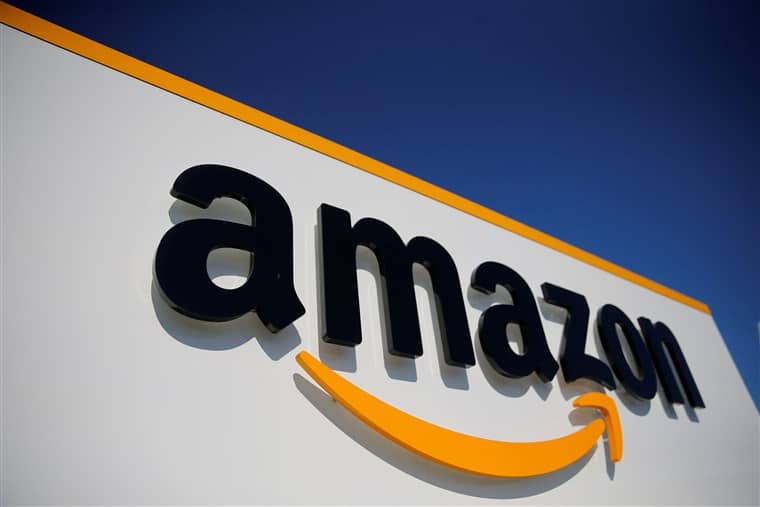
Amazon shares climbed more than 3% in extended trading Thursday after the company released its first-quarter earnings, beating Wall Street’s expectations for earnings and revenue.
Here’s how the e-commerce giant fared, relative to analyst estimates compiled by Refinitiv:
- Earnings: $15.79 per share vs. $9.54 per share expected
- Revenue: $108.52 billion vs. $104.47 billion expected
Few companies have benefited from the pandemic-fueled surge of online shopping as much as Amazon. Its first-quarter results showed the company’s business continues to be buoyed by the pandemic, with sales soaring 44% year over year to $108.5 billion.
Amazon’s guidance for the second quarter implies that it expects the momentum to continue, which should help allay investor fears that business could slow in a post-pandemic environment. The company expects to post revenue between $110 billion and $116 billion, surpassing Wall Street’s projection of $108.6 billion.
Crucially, Amazon confirmed in its guidance that this year’s Prime Day will take place in June, which will likely help year-over-year comparisons for revenue in the second quarter. Typically, Amazon’s annual, two-day discount bonanza takes place in July, but the company postponed the event to October last year amid pandemic-related uncertainty.
When asked about the Prime Day timing, CFO Brian Olsavsky said on a call with investors: “In many areas, July is vacation month, so it might be better for customers, sellers and vendors to experiment with a different time period. We believe that it might be better timing later in [the second quarter], so that’s what we’re testing this year.”
Outside of its core retail segment, Amazon’s cloud-computing and advertising businesses continue to boom. Amazon Web Services saw net sales of $13.5 billion during the quarter, up 32% year over year. Amazon doesn’t disclose advertising sales, but it’s included in the company’s “Other” category, which saw its revenue grow 77% year over year to $6.9 billion.
Amazon CEO Jeff Bezos also gave a rare glimpse into how the company’s streaming service, Prime Video, has fared during the pandemic, as stuck-at-home consumers have relied on online entertainment. Prime Video is a key offering of the company’s Prime subscription service. “As Prime Video turns 10, over 175 million Prime members have streamed shows and movies in the past year, and streaming hours are up more than 70% year over year,” Bezos said in the earnings release.
A Prime subscription costs $119 a year and includes a range of other benefits, such as free, two-day shipping. Bezos disclosed earlier this month that the company now has 200 million Prime subscribers, 50 million more than it had at the start of 2020.
Physical stores revenue, which includes Whole Foods Market and other brick-and-mortar offerings such as Amazon Books, continued to fall. Sales slumped 16% to $3.9 billion. The category excludes online delivery, Olsavsky said.
During the quarter, Amazon’s sales grew faster internationally than they did in North America. International revenue surged 60% year over year, more than any other segment, while North America revenue climbed 40%.
As expected, Amazon will incur fewer costs this year related to coronavirus safety measures. Operating income is forecast to be between $4.5 billion and $8 billion in the second quarter, assuming $1.5 billion of costs related to Covid-19. That’s in line with what Amazon executives predicted last quarter.
Amazon said Wednesday it would spend more than $1 billion on raising wages for over half a million of its U.S. operations workers. On a call with reporters, Olsavsky said it decided to move up the pay increase from the fall to this spring as volumes remain just as strong as they were at the beginning of the pandemic.
Olsavsky declined to comment on Amazon’s CEO transition plans, which will come into play once Bezos steps down in the third quarter. Bezos will turn the helm over to AWS CEO Andy Jassy and assume the role of executive chairman of Amazon’s board.





























